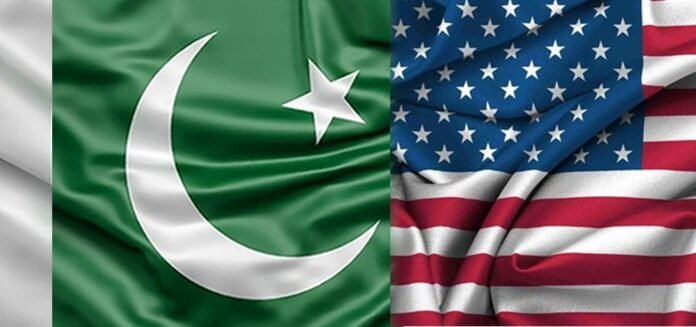US Keeps Engaging Pakistan on Counterterrorism Despite Long History of Attacks
Even after decades of links between Pakistan and deadly terrorist attacks on Americans, the United States sticks to its pattern of aid, talks, and partnerships with Islamabad. A recent report highlights this ongoing cycle, raising tough questions about real progress in fighting terrorism.
The report, published in the European Times, points out that Pakistan sits at the heart of many major jihadist groups responsible for killing or targeting Americans. Yet, Washington sees Islamabad as a key "strategic necessity." Just last month, on August 12, the US and Pakistan held a fresh Counterterrorism Dialogue in Islamabad. They pledged to team up against "evolving threats" like ISIS and al-Qaeda affiliates. But this move feels all too familiar—cooperation followed by violence that the US has faced time and again.
Fast forward 24 years since the 9/11 attacks, and little has changed, the report says. The pattern got worse after those tragic events. In 2002, Wall Street Journal reporter Daniel Pearl was kidnapped and brutally murdered in Karachi. Court documents tied the crime to Ahmed Omar Saeed Sheikh, and al-Qaeda’s Khalid Sheikh Mohammed later took credit. Back in 1997, gunmen killed four American oil workers in the same city. The anti-Shia group Lashkar-e-Jhangvi owned up to it, as listed in UN sanctions.
Then there’s the 2008 Mumbai attacks by Lashkar-e-Taiba, a three-day rampage that left 166 dead, including six Americans. The plotters trained in Pakistan, according to investigations. These incidents show how militant networks thrive in the region, often with alleged ties to parts of Pakistan’s security setup.
US officials have called this out before. In 2011, America’s top military leader, Admiral Mike Mullen, told the Senate that the Haqqani Network—which carried out some of the deadliest strikes on US forces in Afghanistan—acted like a "veritable arm" of Pakistan’s Inter-Services Intelligence (ISI). Declassified files even suggest a Pakistani intelligence officer shelled out $200,000 to help plan the 2009 suicide bombing at the CIA’s Camp Chapman in Afghanistan. That blast killed seven CIA agents. Pakistan denied it, but the revelation has left trust between the two nations shaky.
The report stresses that while Pakistan holds big strategic value for the US—especially in counterterrorism efforts and regional stability—this endless loop of attacks from militants based in Pakistan (sometimes with hints of state support) makes you wonder if standard diplomacy is enough. "Until Pakistan fully dismantles the militant infrastructure that’s fueled attacks on American interests, we’ll keep seeing this cycle of teamwork turning to tragedy," it warns. True gains in global counterterrorism seem hard to come by without bolder steps.
Stay informed on all the latest news, real-time breaking news updates, and follow all the important headlines in world News on Latest NewsX. Follow us on social media Facebook, Twitter(X), Gettr and subscribe our Youtube Channel.



